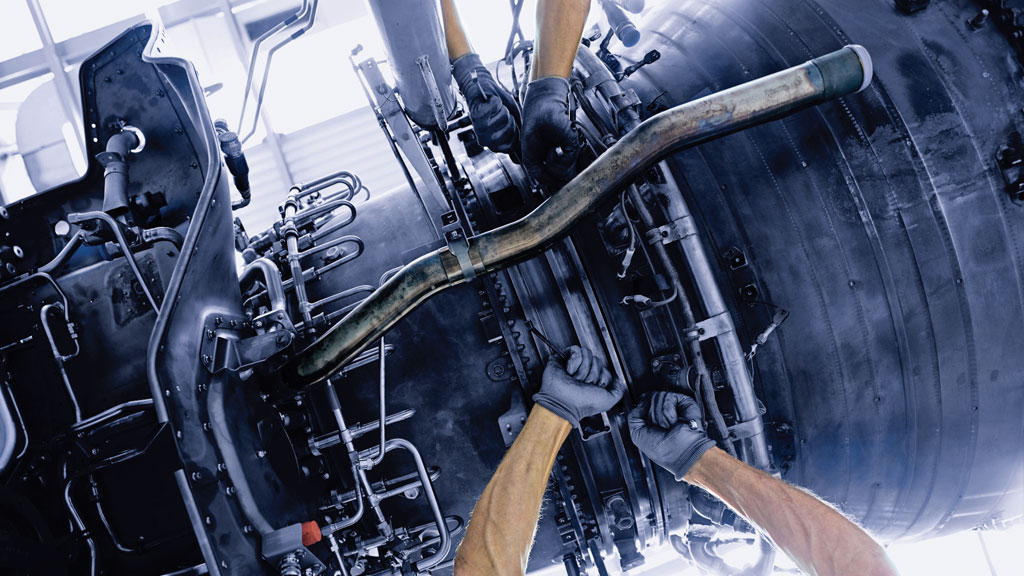Lufthansa Technik AG continued on its growth path in the past financial year and closed 2019 with record revenue and earnings. Revenue rose by 13 percent to EUR 6.9 billion. Earnings before interest and taxes (adjusted EBIT) grew by around eleven percent to EUR 493 million. The extent of the effects of the worldwide aviation crisis affecting Lufthansa Technik cannot yet be concretely foreseen, but the impact is already massive.
“With the outbreak of the corona crisis, nothing is the same as it was just a few weeks ago,” Dr. Johannes Bussmann, chairman of the Executive Board, says. “The maintenance industry is already suffering from the decline in air traffic. The full extent will hit us with a delay, which means a forecast is currently not possible, but first impacts are massive. Everything depends on the duration of the crisis and how our customers will recover from it. We have prepared ourselves with a very comprehensive package of measures – also, to be able to deliver at any time. Especially now, our customers need a reliable technical partner.”
The year 2019 continued a phase of strong global growth. Over the past five years, Lufthansa Technik AG’s revenue has grown by almost 60 percent. In the last financial year alone, the company acquired 25 new customers and signed 625 contracts with new business worth EUR
4.1bn. Compared to 2018, investments increased by 28 percent from EUR 244 million to EUR 313 million. On annual average, in 2019 Lufthansa Technik employed almost 26,000 people worldwide.
The strategy of long-term partnerships with engine and component manufacturers (Original Equipment Manufacturers) reached important milestones with the start of operations at the two joint ventures XEOS (with GE Aviation) and EME Aero (with MTU Aero Engines) in 2019.
Lufthansa Technik also continued to drive the digitalization of the industry with its AVIATAR platform: More than 30 different modules are now offered to meet the various needs of airlines.
“In the past year, we successfully continued our growth path: More than 5,000 serviced aircraft from more than 850 customers speak for themselves,” explained Johannes Bußmann. “Due to the international nature of our company, we believe that we can cope with the effects of the crisis.”
It is not yet clear how quickly the industry will recover from the decline. It was last forecasted to grow by an average of seven percent per year until 2029.
